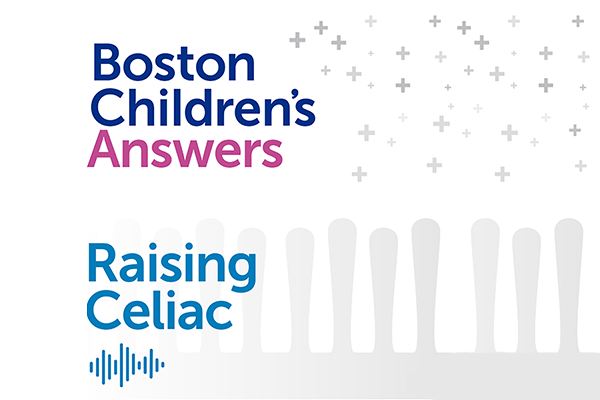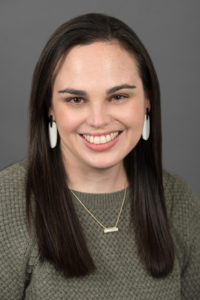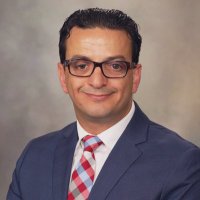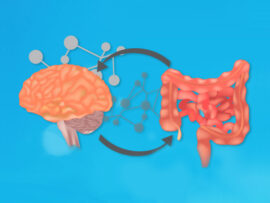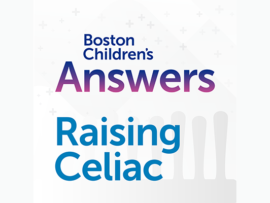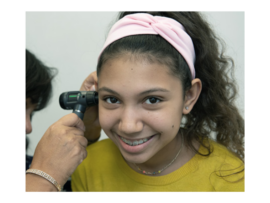Season 2 Episode 2: Best Practices in Biopsies for Celiac Disease (33 min.)
This episode of the Raising Celiac Podcast looks at best practices in biopsies for celiac disease. To improve the sensitivity of biopsies in diagnosis, updated pediatric and adult guidelines now recommend obtaining both duodenal bulb and distal duodenum biopsies. But how can delayed diagnosis be prevented in the future? Do endoscopists need to separate the biopsies into separate containers for pathology review? Does isolated blub celiac disease relate at all to the levels of ttg antibodies in the blood? We’ll discuss this and more on this episode of Raising Celiac.
$0.00
Description

Janis Arnold, MSW, LICSW
Clinical Social Worker, Division of Gastroenterology, Hepatology, and Nutrition
Pediatric Gastroenterologist, Mayo Clinic
Learning Objectives:
At the conclusion of this educational program, learners will be able to:
- Describe the prevalence and characteristics of isolated bulb celiac disease.
- Explain how a celiac diagnosis can be missed if a biopsy is not taken in the duodenal bulb.
- Understand best practices for endoscopy to diagnose celiac disease.
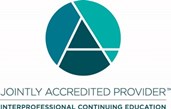 In support of improving patient care, Boston Children’s Hospital is jointly accredited by the Accreditation Council for Continuing Medical Education (ACCME), the Accreditation Council for Pharmacy Education (ACPE), and the American Nurses Credentialing Center (ANCC), to provide continuing education for the healthcare team.
In support of improving patient care, Boston Children’s Hospital is jointly accredited by the Accreditation Council for Continuing Medical Education (ACCME), the Accreditation Council for Pharmacy Education (ACPE), and the American Nurses Credentialing Center (ANCC), to provide continuing education for the healthcare team.
Physician
Boston Children’s Hospital designates this live activity for a maximum of 0.75 AMA PRA Category 1 Credits ™. Physicians should claim only credit commensurate with the extent of their participation in this activity.
Social Worker
As a Jointly Accredited Organization, Boston Children’s Hospital is approved to offer social work continuing education by the Association of Social Work Boards (ASWB) Approved Continuing Education (ACE) program. Organizations, not individual courses, are approved under this program. State and provincial regulatory boards have the final authority to determine whether an individual course may be accepted for continuing education credit. Boston Children’s Hospital maintains responsibility for this course. Social workers completing this course receive 0.75 ACE CE continuing education credits.
Nurse
Boston Children’s Hospital designates this activity for 0.75 contact hours for nurses. Nurses should only claim credit commensurate with the extent of their participation in the activity.
Dietician
Boston Children’s Hospital designates this activity for 0.75 contact hours for dieticians. Dieticians should only claim credit commensurate with the extent of their participation in the activity.
Disclosure Policy
Boston Children’s Hospital adheres to all ACCME Essential Areas, Standards, and Policies. It is Boston Children’s policy that those who have influenced the content of a CE activity (e.g. planners, faculty, authors, reviewers and others) disclose all relevant financial relationships with commercial entities so that Boston Children’s may identify and resolve any conflicts of interest prior to the activity. These disclosures will be provided in the activity materials along with disclosure of any commercial support received for the activity. Additionally, faculty members have been instructed to disclose any limitations of data and unlabeled or investigational uses of products during their presentations.
Disclosure Statement
The following planners, speakers, and content reviewers, on behalf of themselves, have reported the following relevant financial relationships with any entity producing, marketing, reselling, or distributing health care goods or services consumed by, or used on patients:
Vanessa Weisbrod: None
Janis Arnold, MSW, LICSW: None
Imad Absah, MD: None
Additional information
| Credit Type | AMA PRA Category 1 Credits™ (MD, DO, NP, PA), ASWB ACE (Social Worker), CDR CPEU (Registered Dietitian), Contact Hours (Nurse, Nurse Practitioner) |
|---|---|
| Duration | |
| Format | |
| Topic | |
| Expiration Date | |
| Release Date |

